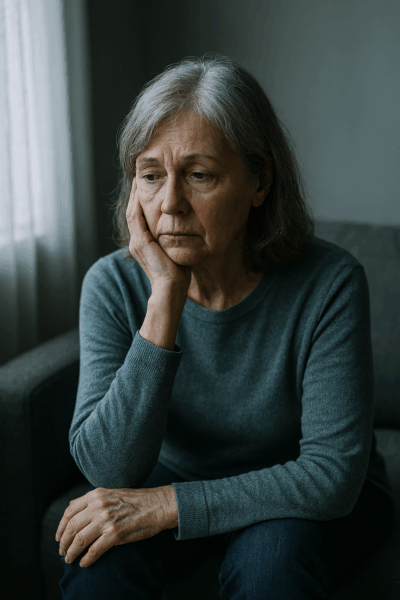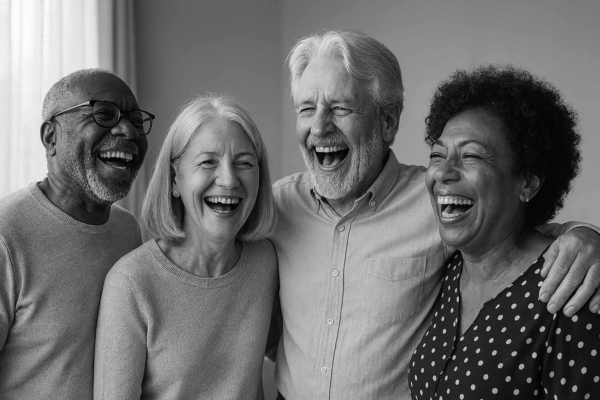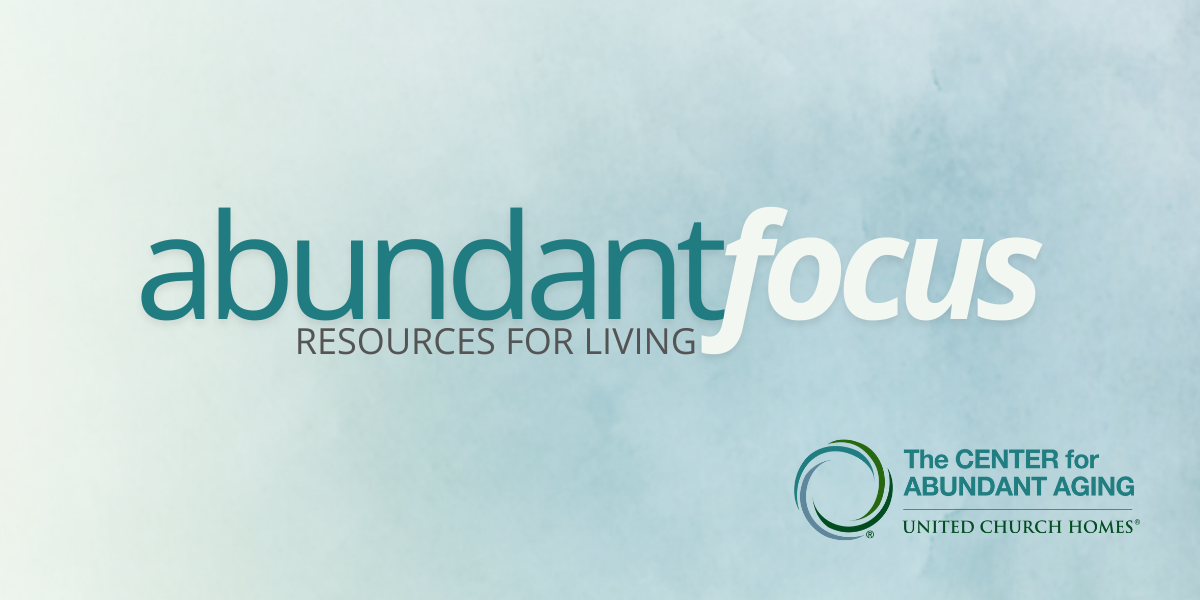Years before the COVID-19 pandemic, I attended a conference hosted by the American Society on Aging. One session featured Dr. Julianne Holt-Lunstad, whose research left a lasting impression. She shared a striking statistic: the health risks of loneliness and isolation in older adults are comparable to smoking 15 cigarettes a day. I don’t usually remember numbers well, but that one stuck. And when I’ve shared it with others, the reaction is often disbelief—Really? That can’t be!
Understanding Loneliness
Loneliness is a subjective experience. It’s not about how many people you know, but about the gap between the connections you want and the ones you have. It’s the feeling of lacking meaningful relationships.
Even before the pandemic, loneliness was considered an epidemic among older adults. But recent research shows it’s not limited to aging populations—young people are increasingly affected too. The pandemic simply amplified what was already there.
When Is Loneliness Unhealthy?
As we age, many factors can contribute to loneliness—loss of loved ones, reduced mobility, or difficulty leaving home. While digital technologies offer new ways to connect, older adults often find virtual interactions less fulfilling than face-to-face conversations.
Interestingly, people living in life plan communities tend to report lower levels of loneliness than those living alone. Yet, even in nursing homes or assisted living, loneliness can persist. There’s no one-size-fits-all solution.
So how do you know if your loneliness is unhealthy?
The UCLA 3-Item Loneliness Scale offers a quick self-check:
- How often do you feel that you lack companionship?
- How often do you feel left out?
- How often do you feel isolated from others?
Rate each on a scale of 1 (hardly ever), 2 (some of the time), or 3 (often).
- A total score of 3–5 suggests you’re not lonely.
- A score of 6–9 indicates loneliness.
From Lonely to Connected
If you find yourself in the lonely category, there are steps you can take to connect with others.
- Reflect on Your Needs
We all need different kinds of relationships. If you feel something’s missing, take steps to meet new people:
- Join a community group with shared interests.
- Take a class to learn something new.
- Volunteer or mentor others.
- Find a congregation or civic group where you feel a sense of belonging.
Trust yourself—you’ll know when you’re feeling less lonely.
- Take Initiative
Small actions can make a big difference:
- Walk your letter to the post office instead of using your mailbox. A simple “hello” can remind you—and others—that you’re not alone.
- Check in on neighbors. They might be feeling lonely too.
- Diversify Your Circle
Ruth, a remarkable woman I knew, was 96 and the oldest resident in her skilled care community. She was also one of the healthiest. Her secret? She made friends with people younger than herself. She connected across generations, enriching her life—and theirs.
In our age-segregated culture, reaching out to people of different generations can be deeply rewarding.
This is for all the Lonely People– Don’t Give Up
In 1974, Dan and Catherine Peek wrote Lonely People for the band America. It was a hopeful response to the Beatles’ Eleanor Rigby. One lyric stands out:
Don’t give up until you drink from the silver cup
And ride that highway in the sky
Dan explained that “drinking from the silver cup” is about connection—being refreshed by someone else’s experience. To me, it’s a song about overcoming loneliness through meaningful relationships.
We’re Wired for Connection
No matter where we are in life, we’re not meant to go it alone. Connection is essential to our mental, physical, and spiritual well-being. When we isolate ourselves, we not only suffer—we also withhold our gifts from the community around us.
The number and type of connections we need vary from person to person. But recognizing when loneliness is disconnecting us is the first step toward refreshing our ties to others and improving our own health.
How United Church Homes Fosters Connection
United Church Homes (UCH) actively combats loneliness among older adults through its Abundant Living philosophy, which emphasizes purpose, connection, and community. The initiatives include:
- NaviGuide: A personalized service that connects older adults with resources and social opportunities to reduce isolation.
- Abundant Aging Programs: These include life enrichment activities, intergenerational engagement and spiritual care designed to nurture emotional and social well-being.
- Community Design: UCH communities are intentionally built to encourage interaction through shared spaces, group activities, and wellness programs.
Together, these efforts create environments where older adults can thrive socially, emotionally, and spiritually.
View all articles by:



















